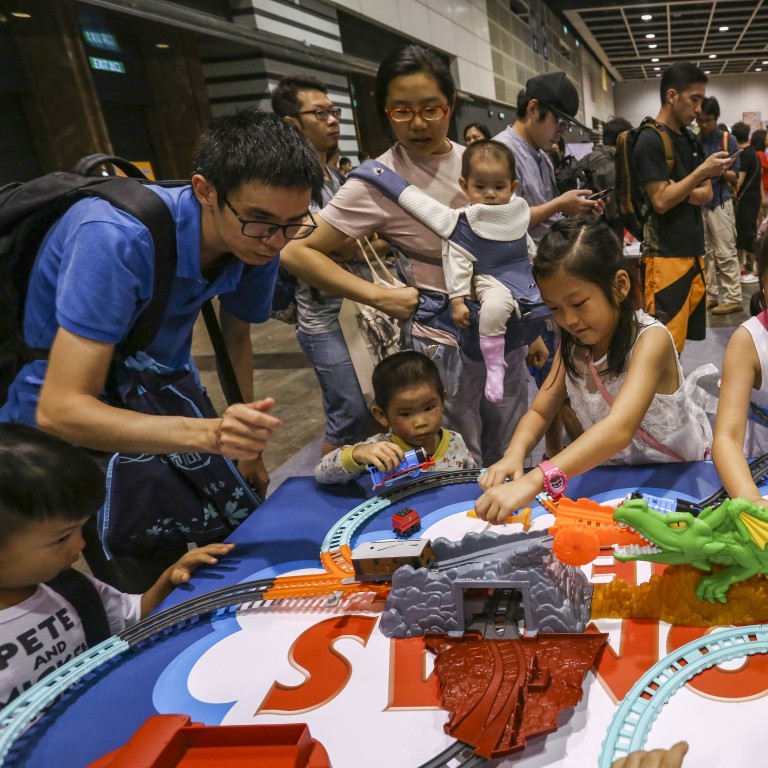
As the US-China trade war bites, Hong Kong’s economic survival rests on its liberal values
- Hong Kong needs to trim its dependence on the services sector, accelerate research and development, and open up new growth paths — and key to its economic survival are its fundamental values of personal and judicial freedoms
Hong Kong’s economy is facing an existential challenge, as the liberal economic order in which it has historically thrived is under siege.
How Hong Kong has become a pawn in US-imposed trade war
Hong Kong can attract foreign companies hesitant to put high-value activities in China, or those reducing investment in China due to the trade war. Hong Kong can also appeal to Chinese companies looking to expand overseas. Co-locating prototyping activities can accelerate research and development and enable more rapid experimentation and customisation for different markets.
Direct links of these activities with university research in the disciplines of science, technology, engineering and mathematics can help develop local talent and attract entrepreneurs and returnees, enabling collaboration to rapidly turn ideas into reality.
Greater Bay Area could be Hong Kong’s ticket to tech progress
Hong Kong’s overdependence on services makes it vulnerable as its top two trade partners seek to decouple. While a manufacturing renaissance in Hong Kong is unrealistic due to land constraints, the city needs to have a more vibrant industrial sector, akin to small, high-income European countries such as Ireland, in medical devices, Switzerland, in pharmaceuticals, and Sweden, in aerospace parts. These high-value sectors help the smaller economies play useful roles in the European and global supply chains and enable job creation.
Hello computer: Hong Kong to spend HK$45 billion grooming tech leaders
Second, as China’s most international city, Hong Kong has always played to many sides and been friendly with other economies. Asia now represents nearly half of the world’s gross domestic product in purchasing power parity terms, and is driving global trade and investment.
Hong Kong can also become a crucial conduit of soft power for China on the global stage, where Beijing wants to take greater leadership in areas such as environmental sustainability, economic integration and infrastructure building.
How the rest of the world views Hong Kong’s political turmoil
Perceptions are powerful. No matter whether Hong Kong wants to emphasise its strengths as an innovation or trade hub, the preservation of its openness, defence of the rule of law and judicial independence, and the space to express diverse opinions, are crucial in creating trust from others. Hong Kong needs to prove to investors, businesses and talent that it is indeed a special place.
It is time for government decision-makers to recognise that science and technology policies do not occur in a vacuum, but are intertwined with Hong Kong’s fundamental values. To ensure its economic survival, Hong Kong must find common ground that prioritises policies that solidify international trust, diversify the economy and create good jobs, while preserving friendly trade ties with many economies.
In doing so, Hong Kong can better weather the volatile and uncertain times to come.
Janet Pau is programme director of the Asia Business Council

